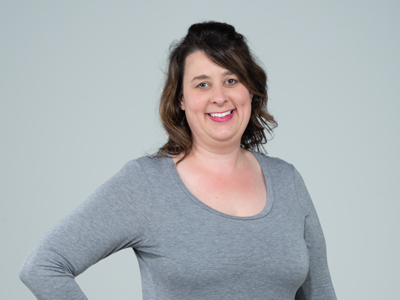
If you or someone you care for has an advanced illness, managing it can seem overwhelming. Between complex medical options, new daily routines, and care arrangements needing to be made, decisions and tasks can start to pile up and cause some individuals to feel hopeless. The transitions program at Caring Circle can help families navigate community resources and even advocate for additional care.
Is there a cost to use this program?
No, the transitions program provides services at no cost. Funds from grants and donations make it so you do not need to worry about how much services will cost. More importantly, the team guides you and your caregiver through the maze of medical networks and choices available to someone with a serious illness. They can even help you access new resources you may not be familiar with.
Why would someone call transitions?
When someone is struggling physically, emotionally, or financially, the transitions program offers a connection to care and community services. Calling Caring Circle means you’re no longer alone. You become part of a support system that improves quality of life, provides information, helps gather facts, and makes referrals for treatment.
What does care look like?
Not everyone needs all levels of assistance at once. Patients are at the center of every decision to ensure treatment plans reflect what’s most important to them.
We are available to:
- Help communicate changes to an individual’s condition with their chosen doctor(s)
- Help explain a diagnosis, medical options, and resources
- Suggest additional programs clients and families may be entitled to
- Regularly visit the home or check in over the phone
Who is eligible?
Anyone with an advanced illness, regardless of age or financial status, is eligible and can benefit from the transitions program. While most state and community programs have low-income or age-based guidelines, this is not the case when it comes to the transitions program.
How does someone get started?
Call Caring Circle at 269.429.7100 to schedule an in-person home visit. During this initial meeting we’ll ask many questions to assess your personal situation. Our team will begin coordinating services soon after and maintain regularly scheduled calls to:
- Clarify goals so care decisions will reflect what is most important to you and your family
- Discuss the emotional impact of living with an advanced illness or disease
- Identify and access community resources
- Plan for assistance that may be needed now or in the future
Serious illness can affect someone for years. Individuals diagnosed with a metastatic cancer, heart failure, a chronic lung or breathing condition, even dementia, are encouraged to call 269.429.7100
Working with the families of individuals who have a serious health condition or progressing illness can lead to years of care and support. My goal is to listen and let the patient drive the boat. I ultimately want to be that person who they rely on to always do what’s right for them.
- Brandi Edge
Transitions coordinator
Community members share their “why”for getting a COVID-19 vaccination.
Benton Harbor resident, Velma Shaw, signed up to receive a COVID-19 vaccination as soon as she was able to, and encouraged her twin sister, Thelma, to do the same. Both sisters have lost people close to them from COVID-19 and wanted to do their part to protect themselves and their family by getting vaccinated.
Velma’s daughter, Rosemary Edwards, works for HouseCalls and was able to help Velma, and her aunt Thelma, sign up for an appointment during a community vaccination clinic. Velma’s powerful advice to others: “Don’t be afraid. Get the shot. Save your life or the life of a loved one.”